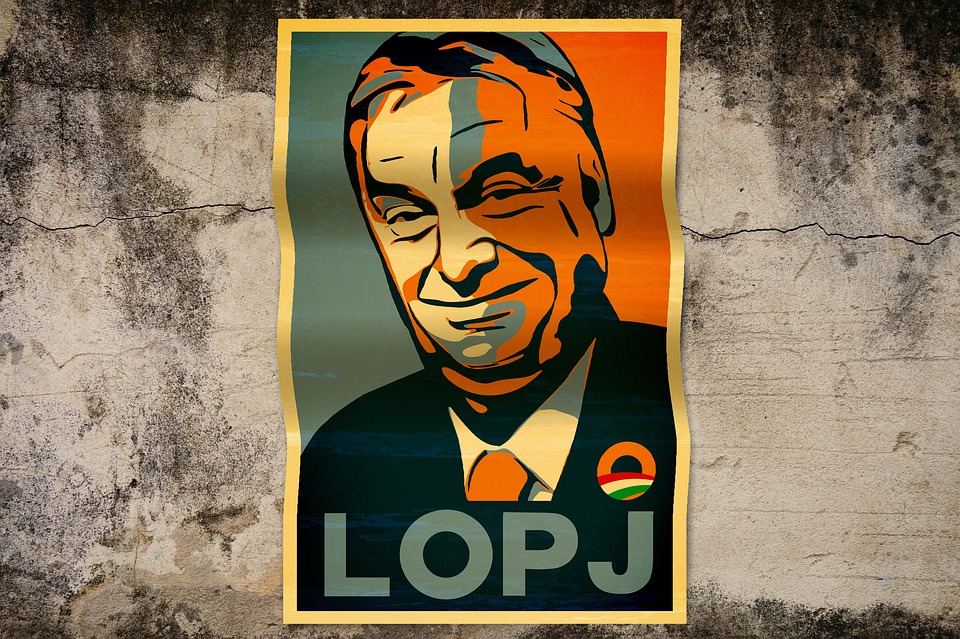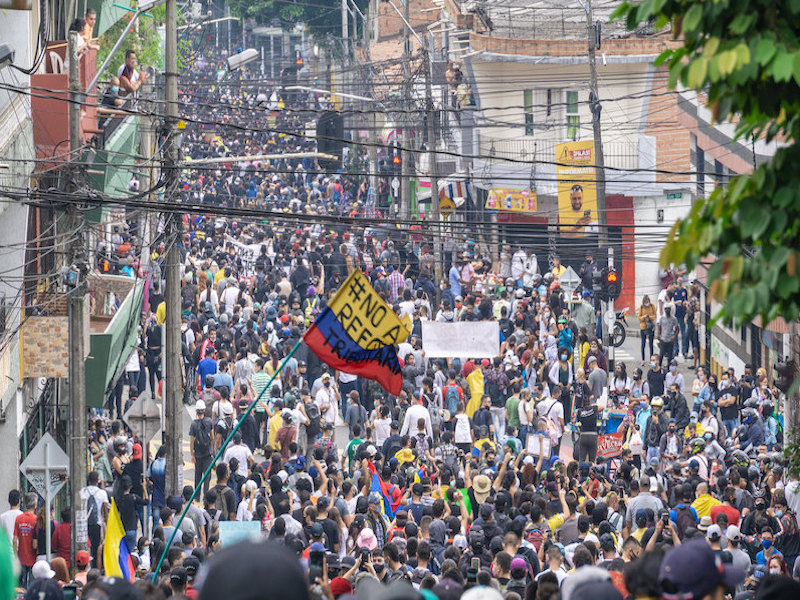Signs of democratic backsliding in former communist countries in Europe have raised concern within the continent and beyond. In this second article of a three-part series on democratic backsliding, Tea Vasha explores how the justice system reform and other policy implementations in Hungary have contributed to undemocratic shifts.
Author: Tea Vasha
Democratic Backsliding in Former Communist Countries: Poland
Does democratic backsliding constitute a threat to the peace and security of Europe and beyond? In the first article of a three-part series, Tea Vasha analyzes the reforms implemented in Poland during the Law and Justice Party’s rule and how they have contributed to a shift away from democratic norms.
Colombia Protests, NATO Partnership, and Democratic Principles
Over the last two decades, NATO has advanced its enlargement policy, welcoming new members and partners. Colombia was the first – and currently, the only – Latin American country to become a NATO global partner, cooperating on issues such as cybersecurity and corruption. Both sides of this partnership work together to further their goals. Personnel Read More…
The Importance of Biometric Data Sharing in Counter-Terrorism Capability Development
This article explores the NATO Automated Biometric Identification System and the importance of biometric data in preventing emerging threats.




